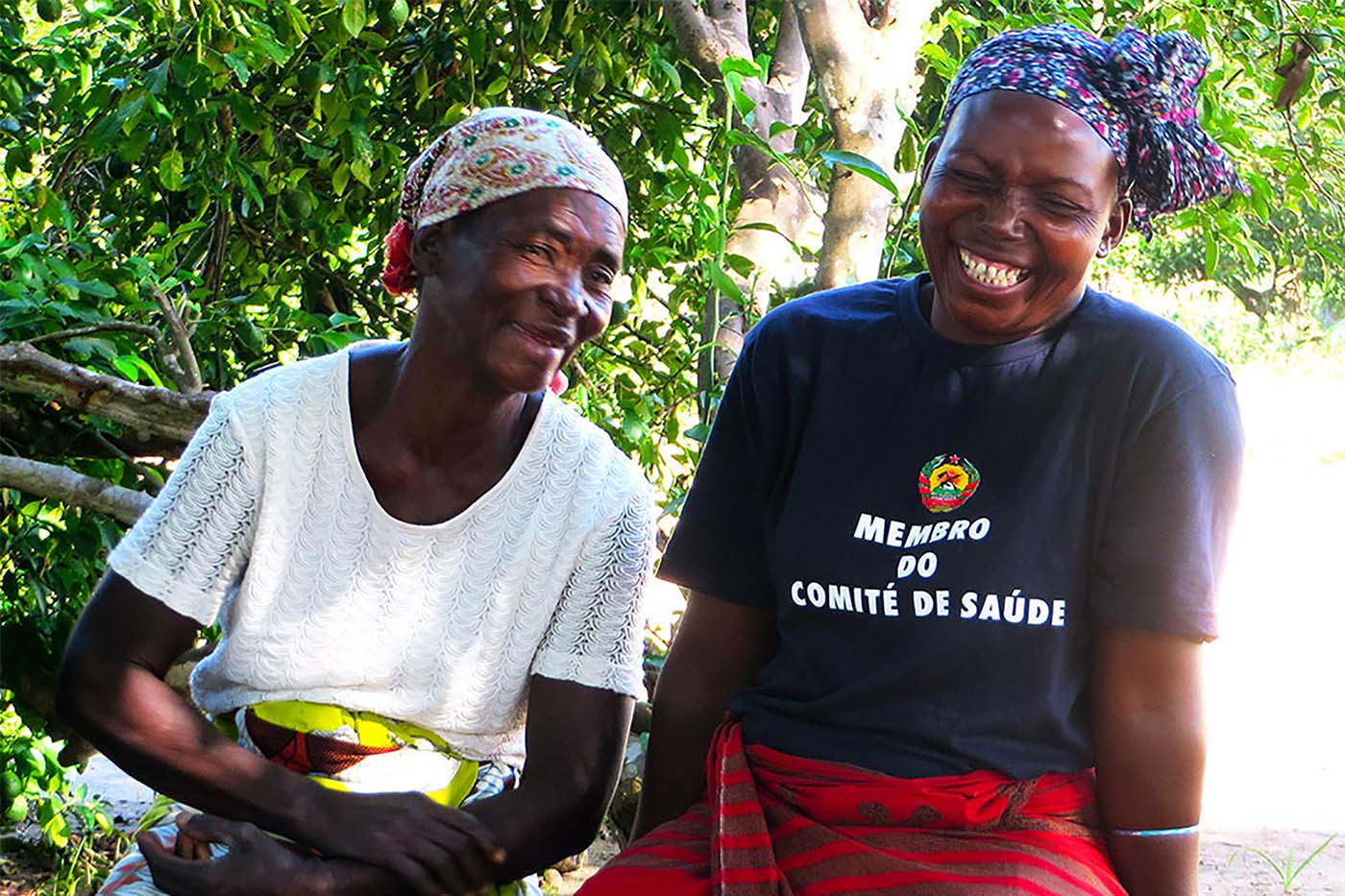
$16.6 million to U of S researchers for work with Mozambique partners
University of Saskatchewan researchers have been awarded $16.6 million by Global Affairs Canada to work with Mozambique partners on improving the health and lives of 165,000 Mozambican women of child-bearing age and 23,000 newborns.
This major training and research project, which is six years in length, aims to create conditions in Mozambique that will reduce maternal deaths by improving health services for women and tackling gender barriers that prevent them from accessing effective care.
Latest available United Nations statistics show Mozambique had one of the world’s highest maternal mortality rates at 489 deaths per 100,000 live births in 2015—nearly 70 times higher than Canada’s rate of seven per 100,000.
“This transformative initiative addresses a great tragedy and demonstrates our university’s ongoing commitment to global citizenship and international community service through research,” said Karen Chad, U of S vice-president Research. “This community-engaged project will also provide an extremely valuable international learning experience for our students.”
U of S epidemiologist and communityhealth researcher Nazeem Muhajarine and project director Denise Kouri lead a team that includes university researchers and Saskatoon community development leaders. The team is partnering with Mozambique national and provincial health ministries and communities in the sub-Saharan African nation.
The project, which builds on the university's 20-year partnership with Mozambique in Inhambane province on the country's southern coast, aims to improve conditions under which women give birth in 20 targeted rural communities in five health districts.
"We are adopting a community-based, family-supportive and women-enabling approach to reduce deaths during childbirth and improve infant health outcomes," said Muhajarine.
His team will study cases of near-fatalities to understand and mitigate the contributing factors and will establish baseline data on mortality rates to evaluate the project's effectiveness.
About 25 U of S undergraduate and graduate students, including those in medicine, nursing, nutrition and physiotherapy, will work on the project.
The plan calls for training more than 1,000 new health care workers and improving the ability of practitioners in hospitals and maternity clinics to better respond to women's needs with both improved technical skills and more supportive attitudes.
About a dozen staff members and consultants will be hired, as well as five community workers to work in communities to educate people about gender equity and women's sexual and reproductive rights and empower women to use health facilities.
"The key to this project is that it considers community and family factors in women's lives, as well as medical factors," said Kouri.
To improve the rights and health of adolescent girls and educate youth about gender equity and related issues, workers will join health ministry staff on visits to schools.
Three ambulances will be bought for district hospitals, along with 20 smaller specially equipped off-road vehicles in the communities. Local midwives, traditional healers and women's leaders will be engaged to create a supportive network to ensure women reach skilled birthing care with the least delay.
Five small maternal clinics will be built in rural areas and five existing ones renovated. Ten "waiting houses" will be built, so that women who are nearing their due date can be re-located close to a hospital. Muhajarine's research will assess whether waiting homes are effective in delivering better outcomes for women.
Marie-Claude Bibeau, Canada's Minister of International Development and La Francophonie, noted that Canada's new feminist international assistance policy focuses on gender equality and the empowerment of women and girls.
"Canada believes that this is the most effective way to make a significant difference in the lives of the most vulnerable. Working in collaboration with Canadian researchers and local partners in Mozambique, Canada will help ensure that women and girls' right to access quality sexual and reproductive health care services are respected," Minister Bibeau said.

